‘What are universities good for?’: The University of Pretoria and the University Social Responsibility Network (USRN) successfully co-host the first digital University Social Responsibility Summit
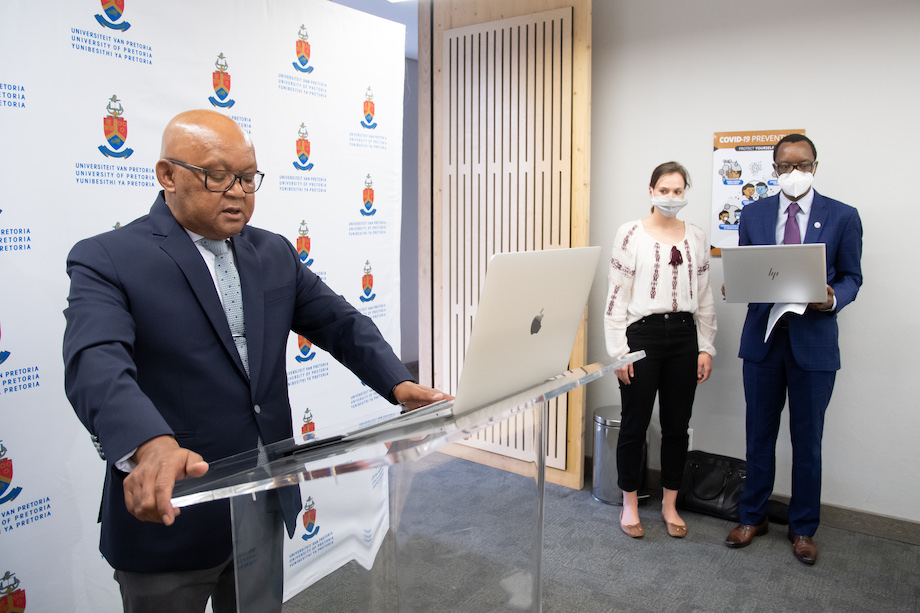
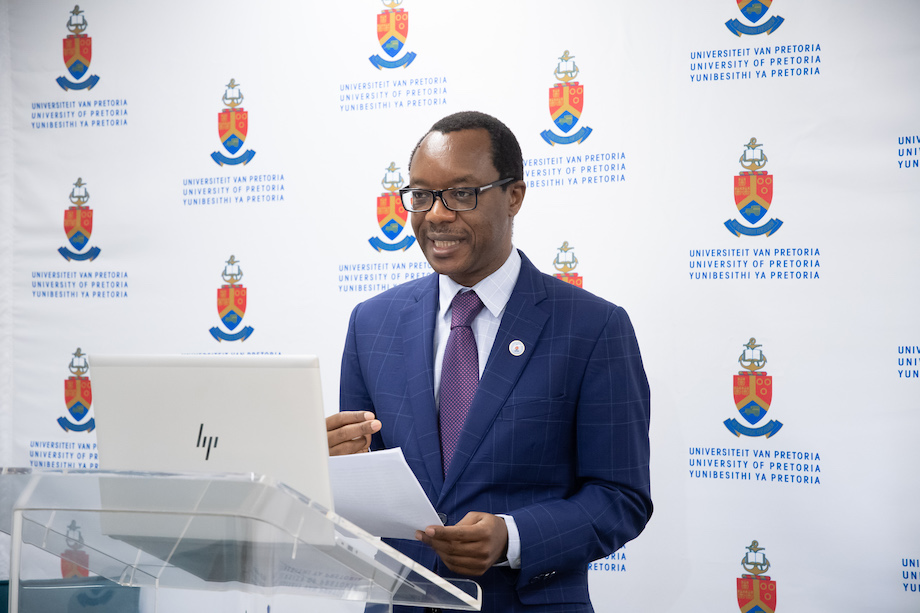
Universities have a mission to figure out what they are good for in order to improve their contributions to society.
This was the overarching sentiment at the three-day University Social Responsibility (USR) Summit for 2021 that was co-hosted by the University of Pretoria (UP) virtually.
The summit is organised biennially by the USR Network (USRN), which was established in 2015 with the aim of bringing together thought leaders to exchange ideas, resources, practices of varied scope and scale to steer global discussion and development of USR in higher education. The broader conversations also covered topics such as the transformation of higher education institutions and innovation.
The conference, which took place from 3 to 5 February 2021, more than 150 academics, students and practitioners participated in the Summit, providing 21 hours of earnest discussion and contributions from 27 institutions and 14 countries. Ideas on how social responsibility programmes and projects can be used in innovative and meaningful ways within the university community and the broader society in which the institutions exist were shared.
Prof Tawana Kupe, Vice-Chancellor and Principal of the University of Pretoria and Dr Miranda Lou, Co-Chair of the University Social Responsibility Network and Executive Vice President of The Hong Kong Polytechnic University officiated the launch of the Summit virtually in the morning of 3 February (South Africa time).
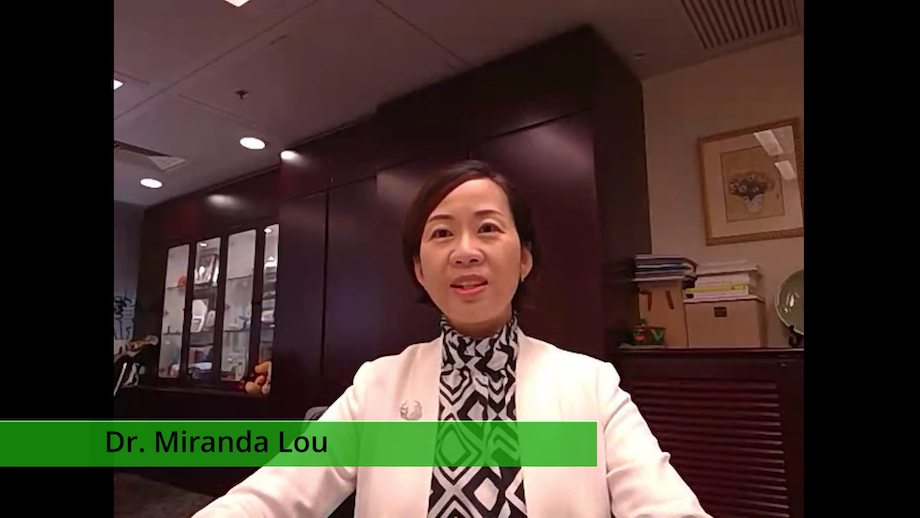
Dr Lou mentioned in her welcome address that the pandemic has reminded us to reflect on the essence of university social responsibility when the world is in crisis, people are vulnerable, and the educational model is under tremendous pressure. “Let us seize the opportunities amid the current crisis to further advocate for broader social responsibility in higher education; find solutions to make our communities more just, inclusive, peaceful and sustainable; and co-create a world we and the next generation deserve.” Dr Lou reiterated.
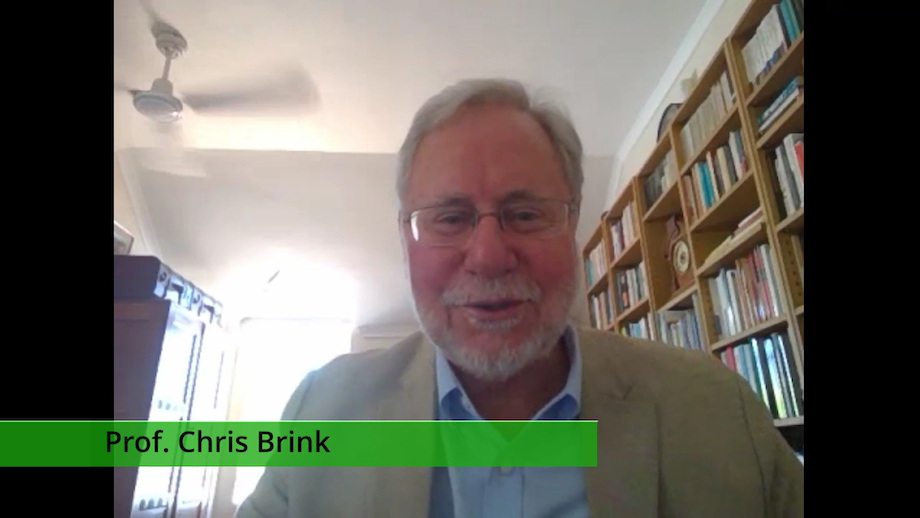
Professor Chris Brink, the Emeritus Vice-Chancellor of Newcastle University in the United Kingdom, provided the first keynote address of the summit under the topic ‘The changing mission of higher education’:
“At a much more fundamental level, a sort of underground movement of the tectonic plates of higher education is happening. There is a profound change happening in our mission of higher education; what it is that we are here to do,” Prof Brink said.
He added that there are two key questions that academia needs to concern itself with, not only at the institutional level but at an individual level as well.
“The first is, ‘What are we good at?’ This is a question we are very practiced at responding to. Any vice-chancellor, any professor if asked this can quickly and easily read off a list of accomplishments. We’re so good at that that I think we lost track for a while of another question that is equally important, and that is the question ‘What are we good for?’”
Prof Brink said that academia has come to the realisation that along with upholding academic freedom, it needs to uphold the principle that institutions have academic responsibilities to fulfil.
“An example of this is that the work of the USRN itself is a manifestation of that change to add responsibility to academic freedom. This is true both in principle and in practice. The quote I want to share with you to illustrate this comes from the USRN website, ‘University Social Responsibility (USR) extends the traditional mission of universities in an endeavour to develop solutions for economic, social, and environmental problems in society’. That bit about developing solutions is the principal argument. In practice, every time the USRN has a summit meeting like this one, the programme is filled with examples of what universities are doing to act on their social responsibility; how they intend to make a positive contribution in society,” he said.
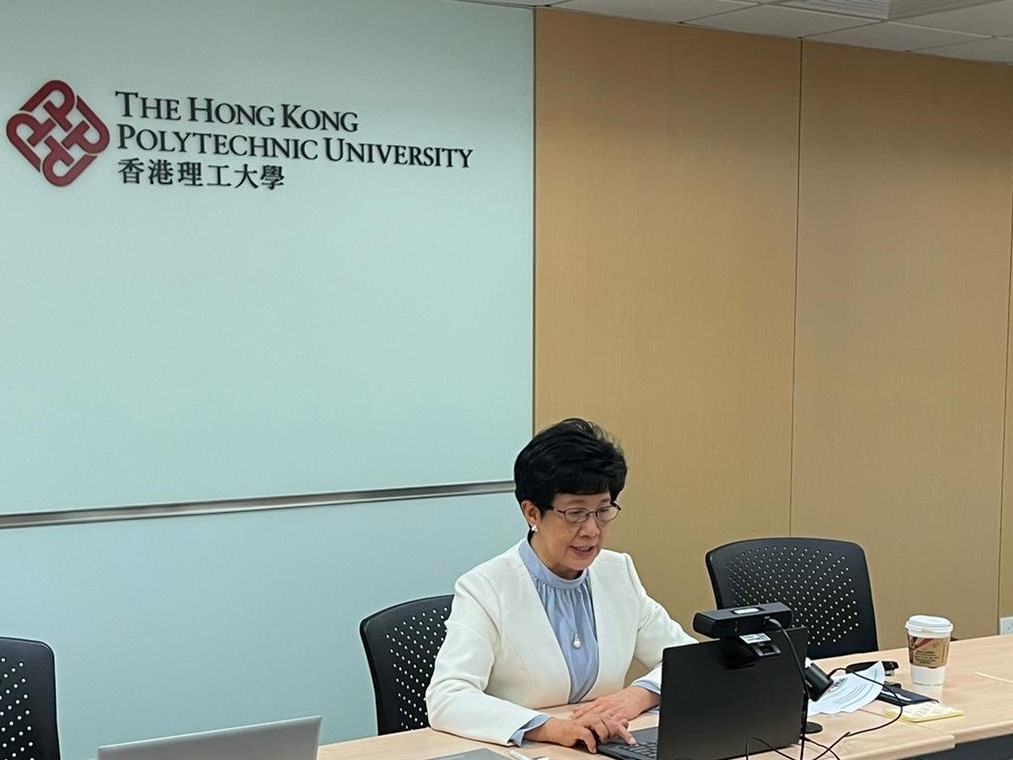
Bringing in the topic of the widespread effects of the COVID-19 pandemic on the higher education sector, Professor Angelina Yuen-Tsang, Hon. Professor in the Department of Applied Social Sciences and former vice-president (Student and Global Affairs) at The Hong Kong Polytechnic University, spoke on ‘The transformative power of higher education in fostering global connectedness and solidarity amidst the COVID-19 pandemic’.
“Every time there is a crisis, there is opportunity. I believe that it was Winston Churchill who, after World War Two, said: ‘Never let a good crisis go to waste’. I like the statement by former statesman Nelson Mandela too, ‘Education is the most powerful weapon you can use to change the world’. I see the pandemic as an opportunity, even though it has caused a lot of destruction to our world, to our families, communities and universities. I think we should look at it from a positive angle, and try to see how we can make use of this crisis as a way to transform the world and to change education,” Prof Yuen-Tsang said.